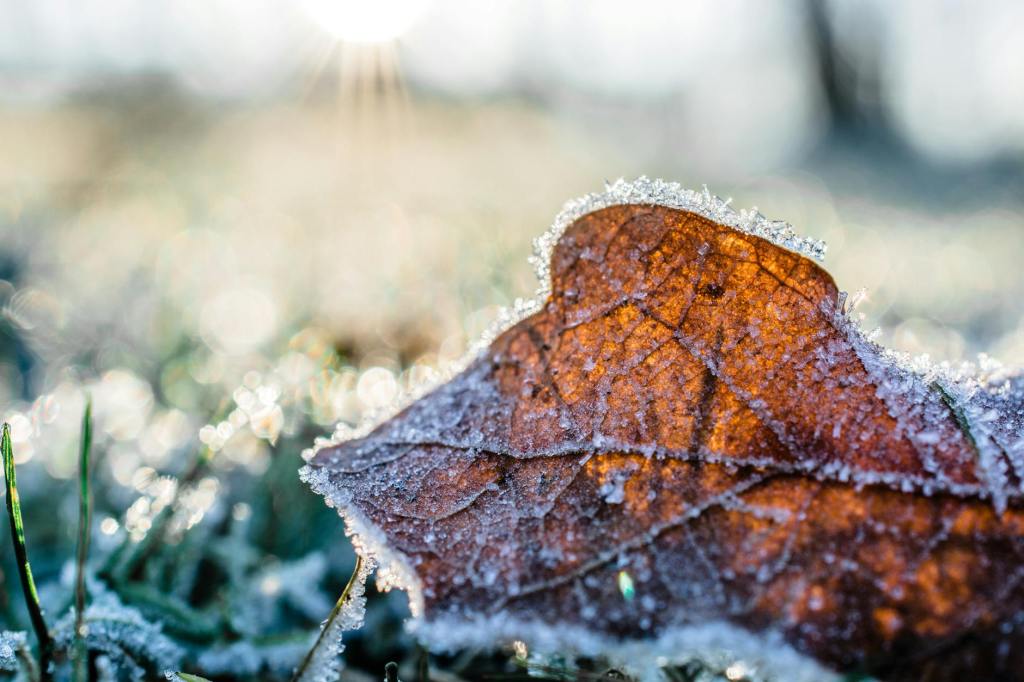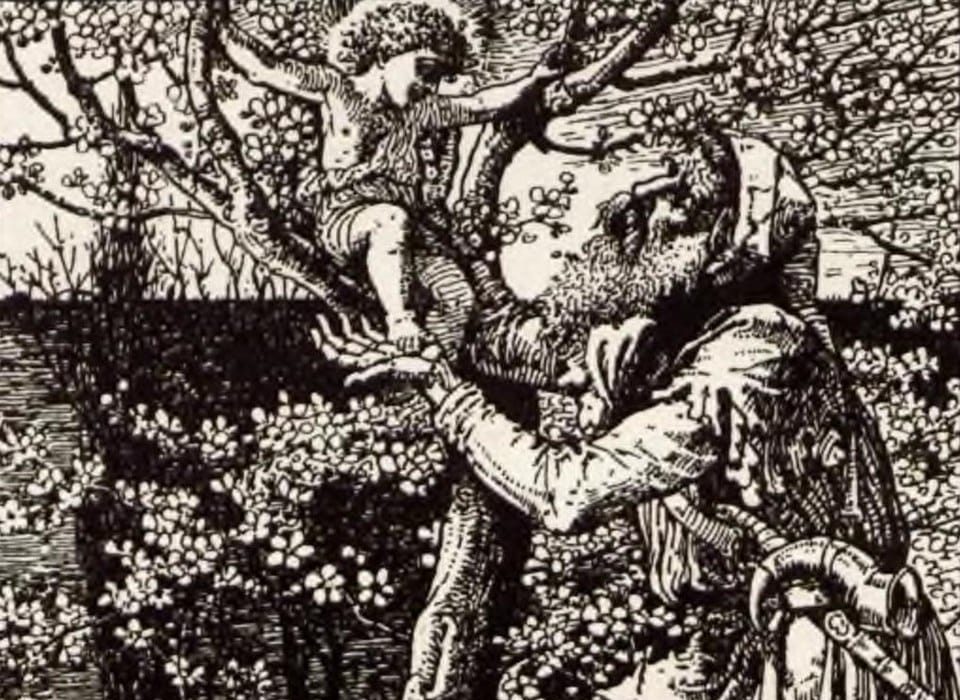What was here yesterday would be here tomorrow, and if it wasn’t it was no great matter. What mattered was the earth and what it could provide. — Harvest Home by Thomas Tryon
What horror befalls us when we can’t make sense of the clues? Some books carry with it the weight of a season. Often times these books are the most popular when specific holidays are upon us: Halloween, Christmas, Valentine’s Day, Easter, etc. Other books straddle the line between a season and a place. In this instance, Thomas Tryon‘s classic Harvest Home (1973) is an exemplary performance of autumn meets the folky, forgotten parts of America. In this post, we are going to examine this darkly-rich novel of uncovering a new town and new horrors.
Author Bio
Tryon was an actor in American cinema (known as Tom Tryon). He appeared in films such as The Longest Day (1962), In Harm’s Way (1965), and Texas John Slaughter (1958-1961). Later, he ventured into writing, penning horror novels such as The Other (1971), The Night of the Moonbow, and In the Fire of Spring.
Summary
(Spoiler Warning)
Harvest home is about a husband, wife, and daughter–Ned and Beth, and Kate Constantine–who move from New York City to a small town in Connecticut. The town, Cornwall Coombe, is a strange place. It is reminiscent of all those horror-movie towns that have appeared in subsequent years (The Wicker Man, Midsommar, The Children of the Corn). The town believes in old traditions. They also stay as far from the modern amenities of civilization as they can to enjoy a sovereign and isolated life.
The family discovers a great deal about the town, such as their appreciation for ancient festivals and corn. One of which, Harvest Home, occurs only every seven years. These practice are eventually revealed to be Pagan in nature. A series of mystifying and horrifying events assail the new family. Likewise, a series of revelations shows just how dedicated the town of Cornwall Coombe is to their traditions.
Book Blurb
From the book: “It was almost as if time had not touched the village of Cornwall Coombe. The quiet, peaceful place was straight out of a bygone era, with well-cared-for Colonial houses, a white-steepled church fronting a broad Common. Ned and Beth Constantine chanced upon the hamlet and immediately fell in love with it. This was exactly the haven they dream of. Or so they thought.“
Critical Reception
Kirkus Reviews stated that Harvest Home is rooted in the dark past of American history. It states: “Mr. Tryon’s story seems not only tethered to considerable earlier Americana but sometimes garroted by it–there’s too much corn to husk before the last loaded third of the book. But they say it’s been born with a caul–not only the success of the first but publisher enthusiasm now as well as selection by the Literary Guild” (Kirkus).
On Goodreads, Thomas Tryon’s Harvest Home has an overall rating of 3.83 with 9,442 ratings and 1,021 reviews. Currently, the book has 2,835 five-star reviews and 251 one-star reviews.
Five-star reviews state that Harvest Home is “an immersive experience above all things.” Additionally, reviewers stated that they “had so much fun reading it,” and that it is “an excellent, intricately woven tale.” Moreover, five-star reviewers stated that they will never “look at the corn the same way.”
Meanwhile, one-star reviews state that it has “page upon page of useless detail chronicling the passage of time.” Similarly, some reviewers “could not finish the book” due to its pacing. Similarly, one-star reviewers stated that all of the evidence of horror was right in front of the protagonist the whole time. Yet he couldn’t figure it out even though the facts are right in front of the reader.
Impressions
Tryon’s book is a story I read when I was very young. I read it around the same time I read Edgar Allan Poe’s The Black Cat and Stephen King’s Suffer the Little Children. I was for sure unprepared for what was between the covers. Strangely enough, I also read some similar reviews in which a parent recommended this book to their kids. My experience was exactly the same, because my mother recommended it to me.
Like many one-star reviews, I did find the first part of the book a bit of a slog. However, it would be a while before I grew an appreciation for Gothic horror. When I did, I realized that Harvest Home, while a folkloric story of darkness, was more in line with Gothic tone and ambition (perhaps even Southern Gothic ambition). Sometimes, when a story creeps along, it can be that much better to savor.
As stated, there have been many incarnations of this story, perhaps inspired by parallel thinking. These include the feature film of the same year The Wicker Man (1973), and Midsommar (2019). They also include the short stories “The Children of the Corn” (1977) by Stephen King, and “The Lottery” (1948) by Shirley Jackson.
Thematically, because it’s folklore, Harvest Home by Thomas Tryon is a type of story that has always been with us. Perhaps more so in modern media, because it harkens back to a deep fear of the unknown. Paganism is evil according to our psyche because it is a misunderstood, maligned, and demonized product of propagandistic efforts to paint the other as a bad influence. That is to say, if it doesn’t look like what we know–if it is different–therefore it is evil. Harvest Home is a testament to our fears of this very idea and Thomas Tryon seems to execute the story with varying critical reception.
Next year, when I hopefully have more time, I think I am going to reread this book to annotate and engage with the text. In this way, I draw similarities and comparisons to later works, as this story no doubt has left a mark on both literature and cinema.
Works Cited
“Harvest Home.” Kirkus Reviews.





Leave a comment